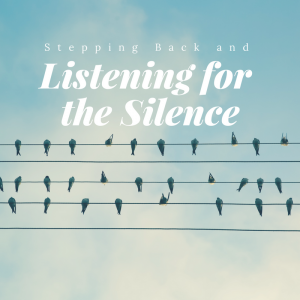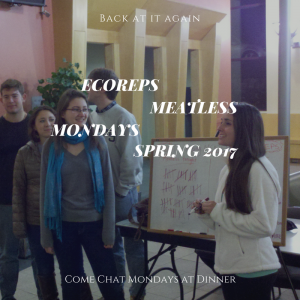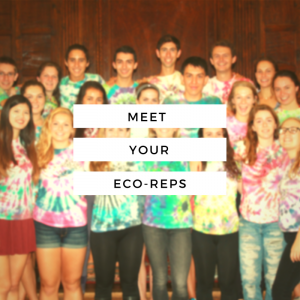
Content based on an Environmental Studies Lunch and Learn Talk given to professors, staff, and students at Tufts University. Every week during the academic year, the ENVS Lunch & Learn lecture series features speakers from government, industry, academia and non-profit organizations to give presentations on environmental topics. This is a great opportunity to broaden your knowledge beyond the curriculum, meet other faculty and students and network with the speakers. This lecture series is co-sponsored by the Tufts Institute of the Environment and the Tisch College of Civic Life.
Listening for Justice: Place-based Humanities Education and Research
Emma Schneider, Department of English, Tufts University
Watch video
How are listening and literature part of promoting environmental justice? How can the imaginative space created by stories promote more equitable and sustainable ways of paying attention to each other and the environment? This presentation discusses how contemporary environmental justice writers ask their readers to listen beyond the powerful narratives that enable exploitative practices. We will think about the role of the humanities in environmental studies and education, particularly in terms of developing a sense of place and community grounded in justice and deep listening.
Do you ever stop to think about whose voices you do not hear? Or what narratives you are not exposed to in the media? How do you decipher “meaningful sound” from background noise?
These are some of the questions Emma Schneider, Ph.D candidate in the Department of English, asks us—a room full of academics in positions of privilege and power—to grapple with in her Environmental Studies Lunch & Learn Talk—Listening for Justice: Place-based Humanities Education and Research.
Environmental justice as defined by the EPA, “is the fair treatment and meaningful involvement of all people regardless of race, color, national origin, or income, with respect to the development, implementation, and enforcement of environmental laws, regulations, and policies.” This is to say that environmental degradation (pollution and resource abuse) and climate change disproportionately burden people of color and low-income communities. This movement aims to bring awareness to and address this economic and legal systematic oppression.
Schneider explains that when it comes to the environment and more specifically environmental and climate justice, we do not lack information or data; our missing link is conversation—a listening gap. She reminds us to listen to the web of different voices in our communities and their stories, because they can help us to re-envision and re-form our world.
As individuals with decision-making powers and privilege, our first response to a perceived lack of outcry at a decision or change is to assume that no one takes issue with it. What if we questioned the silence? Within our legal system, we tend to think of objection or speaking out as the responsibility of those who are affected by policy and decision making. Schneider explains that we tune out “meaningful sound” to calm our own fears and ignore the ways we may be benefiting while others suffer. It can be scary to listen to stories of violence and harm. However, it is pivotal to the survival of communities that people demonstrate courage and listen for these changes from within and outside of their communities. In fact, this important community knowledge can come from those who have experienced transitions to environmental degradation and can recall how the landscape of their community once were.
We are called to create space for those who have something to say, but aren’t being heard. In closing her presentation, Emma asks us “where are the places [in which] connections can be made or bridges can be formed in listening to the things that make us uncomfortable?”








Find Us On Social Media!